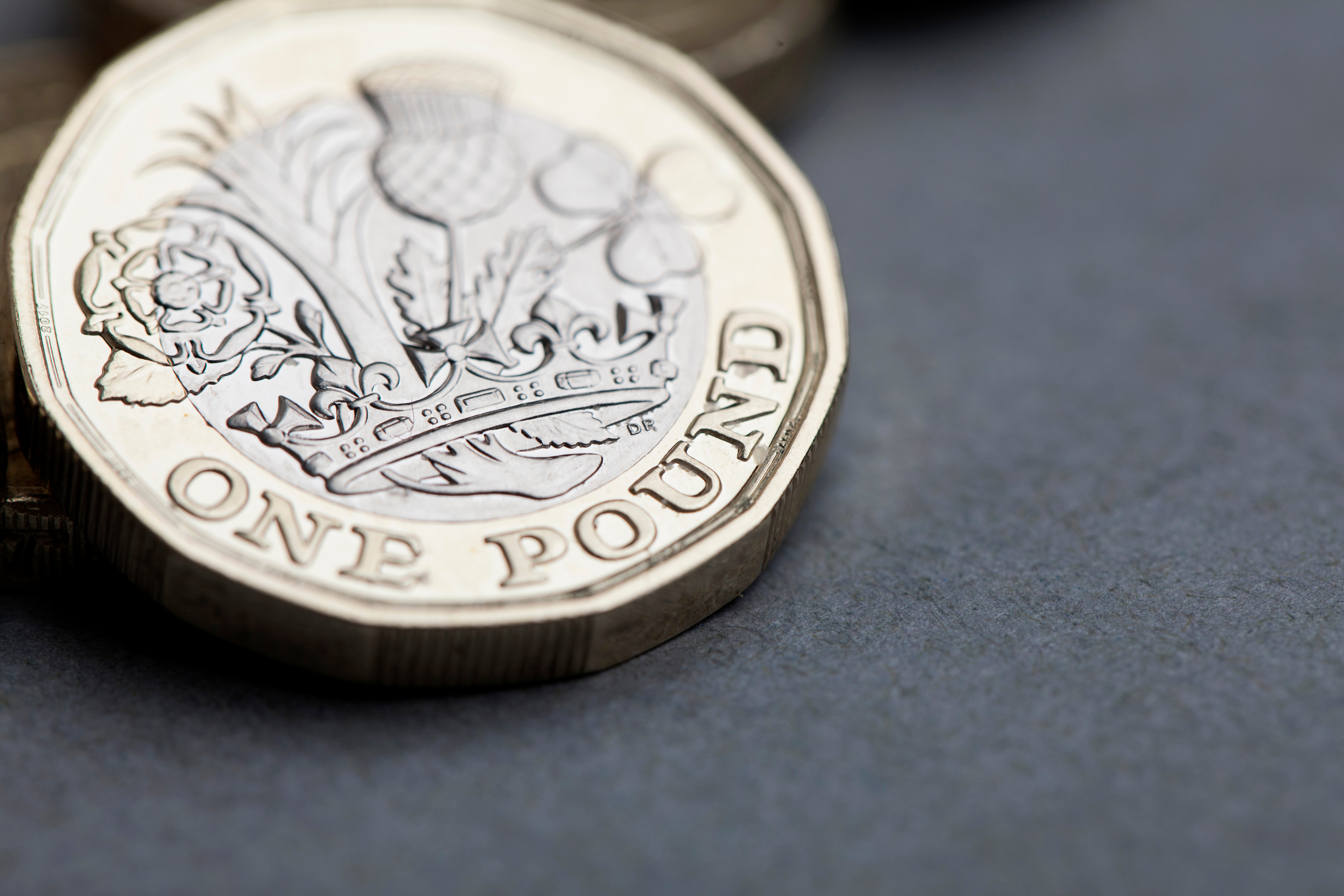Which Is Better: Coin Silver or Sterling Silver?
Coin vs. Sterling Silver: Investment & Value Compared
If you’re about to buy or sell any silver, knowing the difference between coin and sterling silver is crucial. Let’s explore the differences and determine what’s better as far as investments and other factors go.
What Is Coin Silver?
Coin silver is used to make silver dollars and other silver currency. It’s a mix of non-silver alloys such as nickel and copper. Silver coins in the United States have to be at least .900 fine, or nothing less than 90 percent pure silver. At the very least, silver coins are worth the face value of the coin plus the value of the silver in the coin.
In some instances, rare coins are worth far more than these two values. Fine silver is used to make mint-grade coins, meaning it’s 99.9 percent pure, and it’s used mainly for coins like the iconic American Silver Eagle.
What Is Sterling Silver?
Sterling silver is also heavily controlled. It’s more valuable than coin silver because it has a required purity of 92.5 percent. Silverware is often made of sterling silver. The overall value is affected by what’s made of sterling silver. For instance, an old sterling silver set is likely to be worth far more than the actual value of the silver. Sterling silver is also widely used for rings, bracelets, necklaces, and cufflinks.
If you have items made of sterling silver and you aren’t sure of their value, reach out to the professionals at First National Bullion. Carlsbad residents can rely on the expertise of our staff, all of whom have many years of experience in the precious metals industry.
Which Is Better?
There’s no clear answer to this question. If you go by silver content alone, sterling silver is better. However, several factors determine which is better. Silver coins can be a far more lucrative investment, since they can be stored easily and investors tend to be more discerning when buying and selling silver coins, meaning you can potentially earn far more than what you paid for your silver coins. Sterling silver has its place as well. For instance, sterling silverware can be passed down from one generation to the next, which increases its significance and value.
Sterling silver is susceptible to tarnishing due to copper content. The good news is tarnished silver can be cleaned with mild detergent or special chemical cleaners. Professional cleaning can also be done if there’s severe tarnishing or discoloration.
Collectors are more likely to pay a premium price for rare coins or specially minted ones than they are for sterling silver items. However, there are some exceptions with sterling silver jewelry that’s rare or finely made with other precious metals or stones.
If you’re not sure which one is best for you, have your silver coins or sterling silver pieces professionally appraised. When making an investment, determine why you wish to purchase silver. If you’re looking for something that’s easy to quickly store and sell, silver coins are a good place to start. If you want pieces you can enjoy now for their beauty and maybe sell later or simply pass on to other family members, consider sterling silver.
When they need information on silver items they own or they’re looking for the best place to buy silver bullion, Carlsbad precious metals collectors should reach out to the trustworthy professionals at First National Bullion. We can answer all your questions and help you decide which precious metals to add to your collection. Give one of our experienced dealers a call today.
The statements made in this blog are opinions, and past performance is not indicative of future returns. Precious metals, like all investments, carry risk. Precious metals and coins may appreciate, depreciate, or stay the same in cash value depending on a variety of factors. First National Bullion does not guarantee, and its website and employees make no representation, that any metals for sale will appreciate sufficiently to earn the customers a profit. The decision to buy, sell, or borrow precious metals and which precious metals to purchase, borrow, or sell are made at the customer’s sole discretion.


